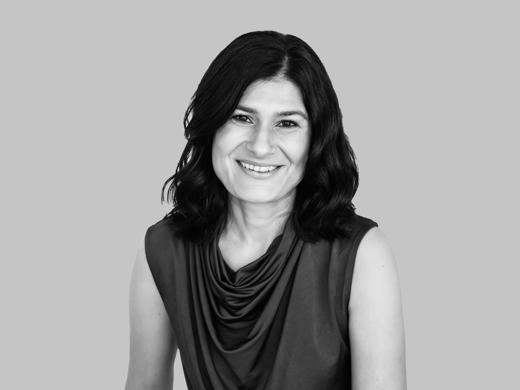Legal finance in the UAE
- Asset recovery




Commercial legal finance, also known as litigation finance or third-party funding, has emerged as a valuable tool in the United Arab Emirates (UAE) for claimants seeking to pursue meritorious disputes and enforce judgments. This innovative practice allows claimants to access funding to cover legal costs, thus ensuring access to justice in legal proceedings even for businesses in insolvency. Legal finance is also used by large businesses with ample liquidity. And with the rise in high value commercial disputes in the region due to a business boom in many sectors such as energy and construction, legal finance has become more prevalent than ever.
Use of legal finance has increased in the UAE, providing claimants with the financial resources necessary to pursue their claims effectively. Some of the legal finance solutions offered in the region include:
Legal finance offers a solution to the challenges faced in the Middle East construction industry, where contracts are awarded rapidly but competition, slow interim payments, and project costs and time overruns are escalating. This can lead to a variety of challenges, including business conflicts that require resolution in lengthy and expensive legal proceedings, as well as cash flow delays that may make paying for their commercial disputes difficult. Legal finance provides a way to address these challenges by shifting the legal costs associated with pursuing high-value claims to a third-party finance provider. Companies can use legal finance to pursue multiple claims simultaneously or advance a portion of the expected entitlement for pending claims, allowing them to access funds immediately. This enables companies to allocate resources to core business needs and reduce legal costs.
Additionally, recovering judgment and award assets in the region requires access to capital and expertise. Legal finance providers like Burford offer a unique solution by navigating the complexities of the MENA enforcement landscape and providing combined capital and investment expertise. Banks in the UAE have also shown interest in organized sales of non-performing loan (NPL) portfolios and legal finance partnerships for asset recovery, allowing them to extract further value from their bad debt books without incurring the usual costs and risks associated with enforcement processes.
The UAE has recognized the permissibility of legal finance, particularly in financial free zones such as the Dubai International Financial Centre (DIFC) and the Abu Dhabi Global Market (ADGM). Since the DIFC Courts first released Practice Direction No.2 in 2017 and the ADGM issued §225 ADGM Courts Regulations 2015 , which established the correct procedures for funded matters to proceed, the market for legal finance in the UAE has grown rapidly. These jurisdictions operate under both civil law and common law principles and have established rules and regulations aligned with international best practices. This provides greater transparency, legal certainty and familiarity for international businesses operating in the UAE. Arabic courts also may operate under Sharia law, meaning that the use of legal finance in those courts must be Sharia compliant, as Burford is.
Burford acquired two arbitration awards with a cumulative value of over $100 million from Cessna Finance Corporation (“CFC”). The company faced years of complex, high-cost multi-jurisdictional enforcement proceedings across multiple challenging jurisdictions to unlock the latent value of the awards but preferred to focus on operating its business. Burford took the full risk of recovery, and CFC was thus able to de-risk the whole recovery effort and transform its judgment debts from “legal paper” into cash. CFC unlocked immediate liquidity that could be used for other business purposes while still maintaining upside in the event of a successful enforcement.